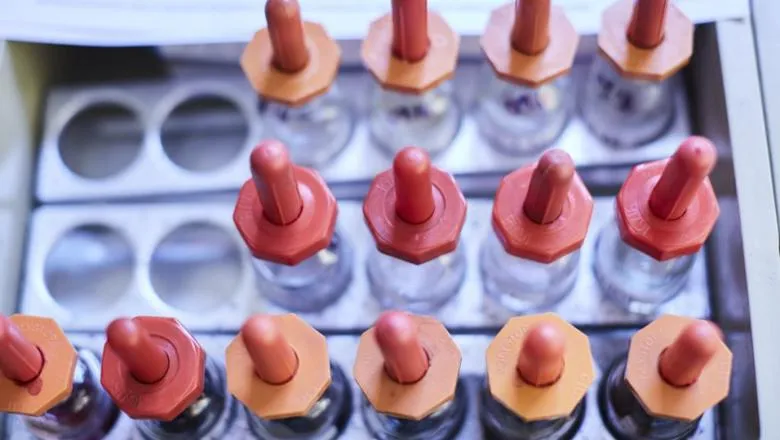02 June 2020
Public trust in scientists to be 'negatively impacted' by pandemic
Public perception of scientists as trustworthy experts is likely to be negatively impacted by the COVID-19 crisis, new research has found.

While the view of science itself as an important and reliable resource will likely remain unaffected, the perception of the trustworthiness and integrity of individual scientists could be “significantly” impacted, particularly among young people who have had exposure to the disease.
The findings were revealed in a new paper, Revenge of the Experts: Will COVID-19 Renew or Diminish Public Trust in Science? authored by Dr. Cevat Giray Aksoy, Lecturer in economics at King’s College London and Principal Economist at the EBRD; Professor Barry Eichengreen, from the University of California, Berkeley; and Dr Orkun Saka, Lecturer at the University of Sussex.
Dr. Aksoy said: “If past epidemics are a guide, the virus will not have an impact on the regard in which science as an undertaking is held. But it will reduce confidence in individual scientists, worsen perceptions of their honesty, and weaken the belief that their activities benefit the public.
“The strongest impact is likely to be felt by individuals in their ‘formative years’ (that is, 18-25) a period of life when value systems and opinions are durably formed.”
While the individual reputation of scientists is likely to suffer, the paper found that there was no such negative effect seen in the perception of doctors, nurses, and others responding to the pandemic.
Data from all global epidemics since 1970 were merged with the responses to the 2018 Wellcome Global Monitor survey, which covered 70,000 people across 160 countries.
In order to restore trust in scientists, the report suggests those working in public health and in scientific communication need to “think harder” about how they purvey honesty and trustworthiness when speaking to younger audiences.
Dr. Aksoy said: “At a minimum, our findings suggest that scientists working on public health matters and others concerned with scientific communication should think harder about how to communicate trustworthiness and honesty and, specifically, about how the generation currently in their impressionable years (‘Generation Z’) perceives such attributes. In addition, our results suggest that scientific education will help.”

